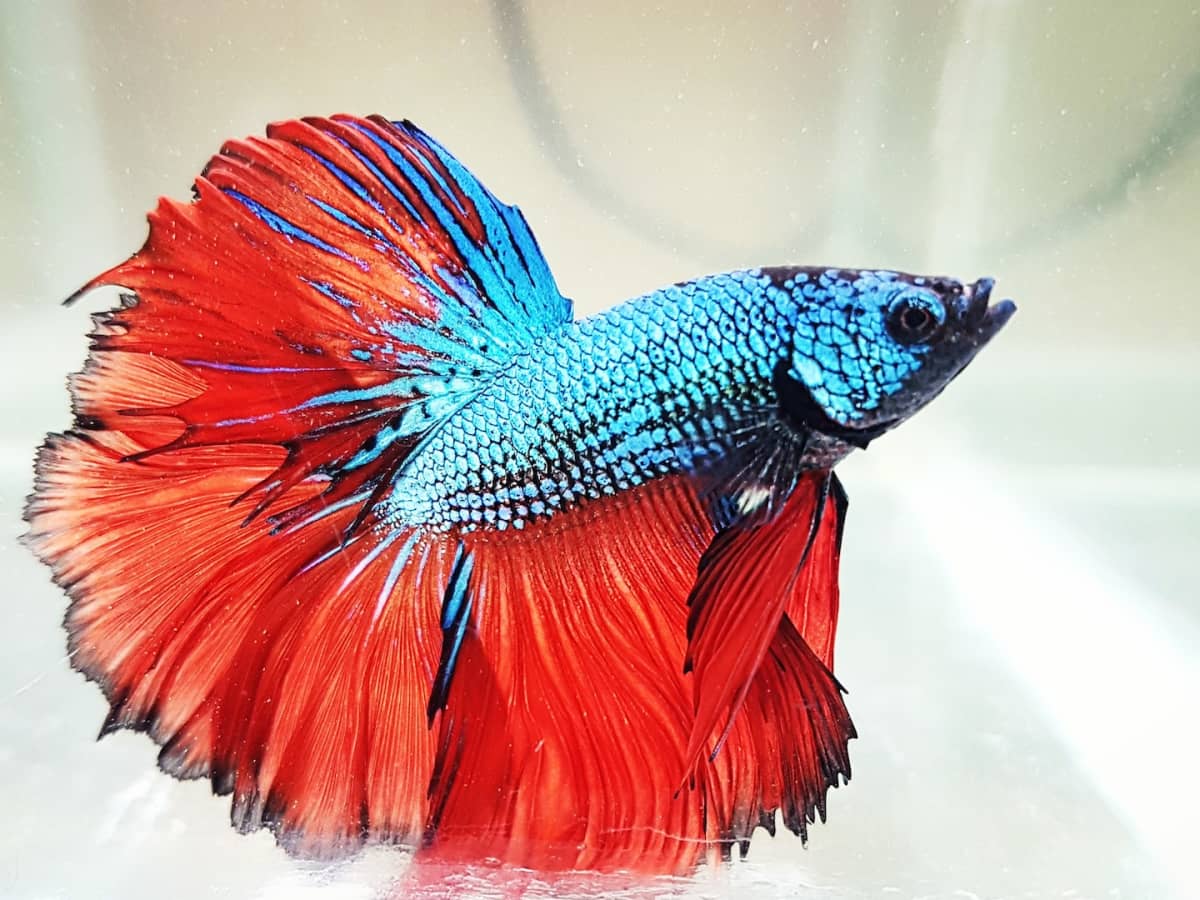Betta Fish Lifespan: Exactly How to Ensure Your Betta Lives Longer
Everything About Betta Fish: Comprehending Their Unique Requirements, Habits, and the Best Practices for Ideal Treatment
Recognizing the distinct demands and actions of Betta fish is crucial for any kind of aquarist aiming to supply ideal treatment. These exciting animals, belonging to the warm waters of Southeast Asia, show unique territorial propensities and require certain ecological conditions to flourish. From choosing the right storage tank dimension to acknowledging prospective health problems, numerous elements dramatically affect their wellness. As we explore these elements better, the implications for both newbie and knowledgeable fish caretakers end up being progressively evident, questioning about how best to fit these exceptional fish in our homes.
Betta Fish Overview
Although often appreciated for their vivid shades and streaming fins, Betta fish, clinically referred to as Betta splendens, are complicated creatures that call for specific like thrive. Originating from Southeast Asia, these freshwater fish are recognized for their territorial nature and special habits. Betta fish show sex-related dimorphism, with men showing much more vibrant colors and longer fins than women.
Their aggressive tendencies, specifically amongst men, necessitate mindful consideration when housing them. Bettas are typically maintained in single-specimen containers to avoid territorial conflicts. Nonetheless, they can exist together quietly with specific suitable varieties in bigger neighborhood tanks, gave the atmosphere satisfies their needs.

To make sure optimum care, aquarists need to comprehend their special behavior attributes, nutritional requirements, and environment demands. betta fish. With proper attention, Betta fish can display their vivid personalities and grow in a well-kept aquarium setting
Natural Environment and Environment
Betta fish prosper in a diverse variety of natural environments, largely located in the superficial waters of Southeast Asia, including rice paddies, swamps, and slow-moving streams. These atmospheres are characterized by warm temperature levels, generally in between 75 ° F and 82 ° F(24 ° C and 28 ° C ), and a pH degree varying from 6.5 to 7.5, which is perfect for their health and well-being.
In their natural environments, Betta fish are accustomed to dense plants, providing both sanctuary and breeding grounds. The existence of plants such as floating water lilies and thick yards not only offers protection from killers but additionally adds to the oxygenation of the water, which is crucial for their respiratory system needs. Furthermore, these atmospheres often have areas of still water, permitting Betta fish to show their natural actions such as bubble nesting.
Comprehending the natural habitat of Betta fish is crucial for aquarium enthusiasts. Reproducing these problems-- via water temperature, pH equilibrium, and the addition of real-time plants-- can dramatically improve the general health and durability of these fascinating fish, guaranteeing they flourish in a home aquarium setup.
Social Behavior and Communications
Recognizing the social habits and communications of Betta fish is vital for effective aquarium monitoring. Betta fish, or Siamese combating fish, are recognized for their distinct behavioral traits, defined primarily by territoriality and aggressiveness. Men, in certain, present very aggressive behaviors in the direction of one another, causing the infamous online reputation of Betta fish as fighters. In a confined room, 2 men can take part in violent conflicts, frequently leading to injury or fatality.
On the other hand, women Bettas exhibit much less aggressive actions and can coexist in groups, called sororities, if introduced effectively. It is vital to monitor their communications very closely, as power structure and prominence can lead to conflicts. Understanding the characteristics within a Betta area is important; developing hiding places and guaranteeing enough area can mitigate aggressiveness.
Furthermore, Betta fish might also show interest and social habits towards various other varieties. While visit they can exist together with particular non-aggressive container companions, it is vital to choose compatible species to avoid tension and aggressiveness. Generally, acknowledging these social interactions is essential to fostering a harmonious aquarium environment for Betta fish.
Essential Care Standards
Offering proper treatment for Betta fish is important to their health and wellness and well-being. Regular water modifications-- roughly 25% once a week-- assistance keep water high quality.
Betta fish require an ideal storage tank dimension; a minimum of 5 gallons is advised to supply adequate space for swimming and hiding. Include decorations and plants to develop a stimulating environment, however stay clear of sharp items website link that can hurt their fragile fins.

Last but not least, ensure the tank is furnished with a filter to maintain the water tidy, however use a gentle filter to stay clear of strong currents that can emphasize the fish. By following these important treatment guidelines, proprietors can promote a healthy and balanced and lively Betta fish.
Common Health And Wellness Issues and Solutions
In the care of Betta fish, awareness of typical health problems is important for maintaining their wellness. To deal with fin rot, boost water conditions and consider using a broad-spectrum antibiotic.
One more typical disorder is ich, a parasitical infection identified by white spots on the fish's body (betta fish). Treatment includes enhancing water temperature and adding fish tank salt to the container, as this can assist remove the bloodsucker
Swim bladder disorder is additionally frequently observed, bring about buoyancy issues. This condition might develop from overfeeding or bowel irregularity. A fasting period of 24-48 hours, followed by a diet plan of blanched peas, can supply alleviation.
Lastly, bettas may experience velvet condition, shown by a gold dust-like appearance on their skin. Treatment typically requires medicine especially developed for outside parasites, alongside enhanced container health.
Routine tracking of water criteria, preserving a clean atmosphere, and giving a well balanced diet regimen are critical safety nets. By attending to these health and wellness problems quickly, Betta fish can lead much healthier, more lively lives.
Conclusion
In summary, successful betta fish treatment requires an understanding of their one-of-a-kind see page needs and behaviors. Regular tracking of health and wellness and water high quality, along with a balanced diet regimen, adds to the durability and vibrancy of betta fish.